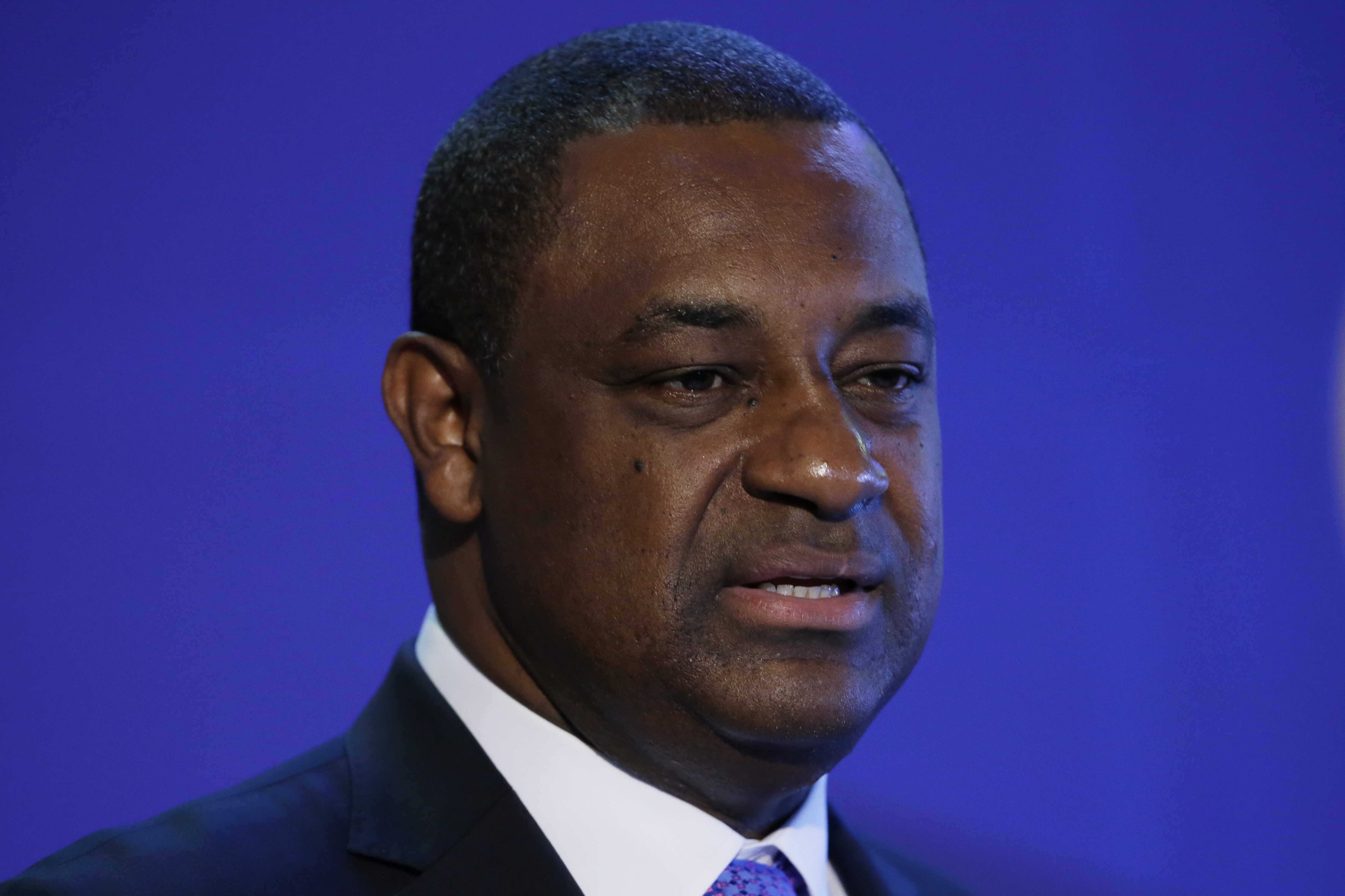Failure to pay would result in fines and imprisonment, the premier told media at a press conference.
(IPI/IFEX) – Vienna, 20 May 2010 – The International Press Institute (IPI) is deeply concerned by reports that Cayman Islands Premier McKeeva Bush threatened two local news organizations with $100,000 in ‘fees’ – and up to three months in jail if they failed to pay up.
Speaking at a press conference on 13 May, the Premier spoke of a proposed business fee for media organizations, and an additional fee for publications printed outside the country for local distribution, according to Cayman Net News. The fees may be included in the next budget.
The Premier was reported as saying that non-payment of the fee, which he said could be as high as $100,000, would result in a fine, or up to three months in prison, Cayman Net News reported.
“For every day they don’t pay, it will be a fine,” he was quoted as saying.
According to the BBC Caribbean Service, the Premier “has taken aim at” two local news organizations, which the BBC identified as the online Cayman News Service and Cayman Net News – printed in Miami.
Cayman Islands media and the BBC reported that Cayman Net News had filed a request under the Freedom of Information Act regarding the Premier’s travel while in office. Mr. Bush said that the request “served no real information value, forced the civil service to spend too much time gathering, and was expensive to implement,” the news outlets reported.
Cayman Net News quoted the Premier as saying that the Freedom of Information law “cost the country a lot” and that there was no way to vet the identity of the individual making the request.
According to Cayman Net News, the Premier also accused the publication of publishing inaccurate information which was “wrong for the country.”
He said: “If they are going to slander this country (. . .) then they are going to pay, and I don’t mean ten dollars,” Cayman Net News reported.
IPI Director David Dadge said: “In any democracy, journalists have a fundamental right to access information, and to scrutinize the holders of elected office. Set against the backdrop of Mr. Bush’s reported comments about journalists’ efforts to access information about his travel, the possible imposition on news outlets of sizeable business ‘fees’ and the threat of prosecution for failure to pay them appear designed to pressure journalists.”
